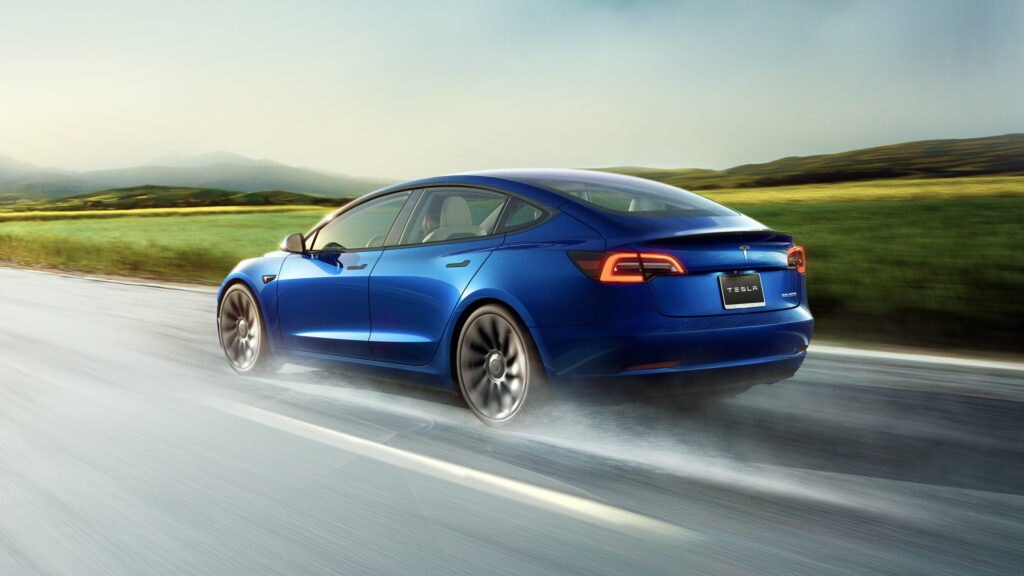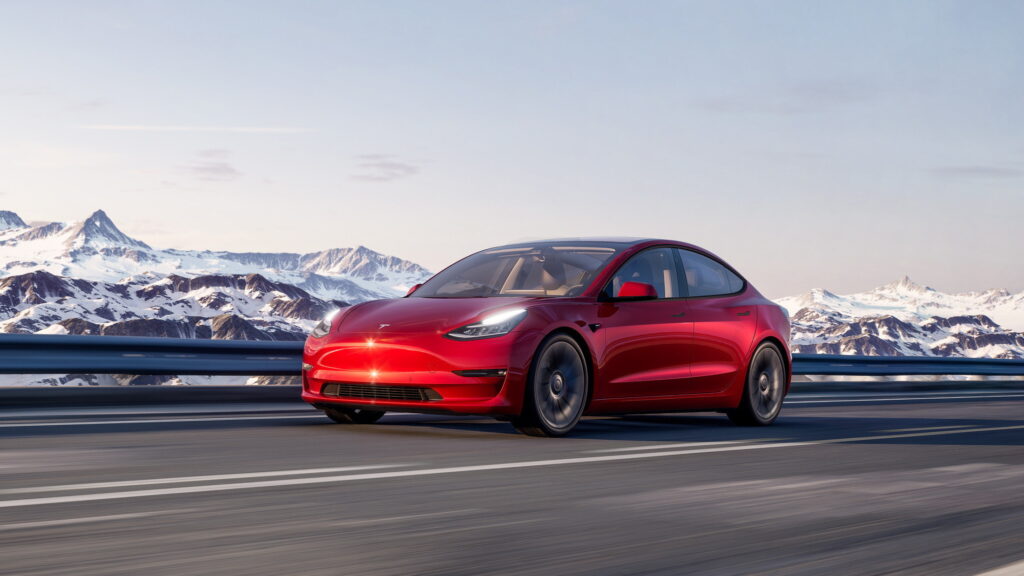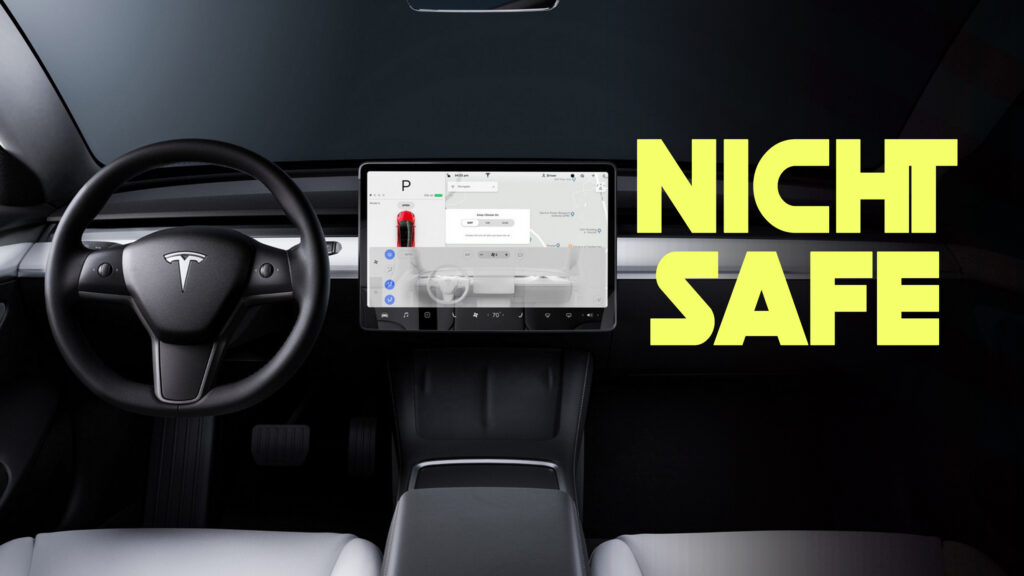- The owner of a Model 3 sued the car manufacturer after several phantom braking events.
- The court arranged an expert to test the Model 3, and he also experienced phantom braking.
- Tesla has been ordered to fix the Model 3 owned by Christoph Lindner.
A court in Germany has ruled that the Autopilot system used by the Tesla Model 3 is ‘defective,’ and is not ‘suitable for normal use’ because of phantom braking issues. This appears to be the first time that a court has described Tesla’s driver-assistance system in such terms and comes after years of complaints from many Tesla owners in markets around the world.
The case first came to the attention of German courts after Model 3 owner Christoph Lindner filed a lawsuit against the car manufacturer after experiencing several worrying instances of phantom braking. He claims the car has randomly hit the brakes when entering and exiting tunnels, after changing road surfaces, and even when his car is simply in the presence of a larger vehicle.
Read: Judge Rules Tesla Phantom Braking Lawsuit Can Proceed
As the matter progressed in court, Handelsblatt reports the judges ordered an expert engineer to drive the plaintiff’s Model 3 to verify if it did indeed suffer from phantom braking issues. The engineer drove the EV for more than 700 km (435 miles), a majority of which was done on highways, and documented the trip with two interior cameras. After encountering several cases of phantom braking, the expert stopped the tests as it was “no longer feasible for safety reasons,” to continue driving on public roads. The engineer also ended the experiment “so as not to put himself in any further danger.”
In one instance, the engineer was piloting the Model 3 in the left lane of a three-lane motorway at 140 km/h (87 mph) when it suddenly braked and slowed to 96 km/h (60 mph) for no apparent reason. This forced traffic behind the Tesla to swerve and brake.

The Traunstein Regional Court’s ruling made in mid-January said the Autopilot system does not provide the functionality “that a consumer of a vehicle in this price range can expect.” Tesla has previously defended its Autopilot system claiming the system functions as designed, and has been ordered to repair the plaintiff’s defective car.
The Higher Regional Court in Munich is now handling the case. Lindner does not believe a simple repair is adequate and wants to be able to withdraw from his original purchase contract or be entitled to a new vehicle without defects.




